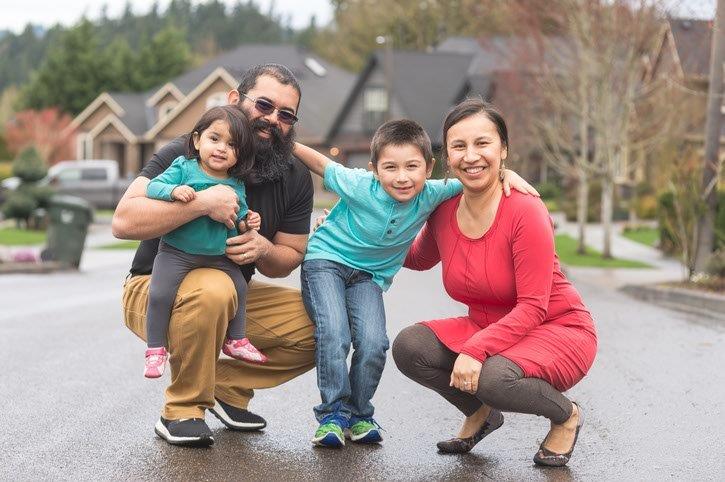This guide helps supportive housing providers improve their relationships with local law enforcement. Fostering positive relationships between supportive housing staff and law enforcement can lead to better outcomes for supportive housing tenants and the broader community. This includes reducing emergency response, addressing root causes around law enforcement engagement (e.g. mental health needs), enhancing public safety, and reducing criminalization of tenants. By working together, supportive housing providers and law enforcement can create a more compassionate and effective approach to addressing homelessness.
Law Enforcement Engagement in Supportive Housing
Related Resources


Systems Change
October 30, 2024
Our work in supportive housing has shown repeatedly that people with incarceration histories can be successful tenants when connected with appropriate housing and services. Further,...


Best Practices
December 14, 2023
These briefs discuss how Family Unification Program (FUP) and Foster Youth to Independence (FYI) federal housing vouchers can support transition, wellbeing, and stability for youth/young...


Best Practices
November 6, 2023
This template is a resource for housing providers and property managers to use as they implement a background screening process that reduces bias and lowers...

